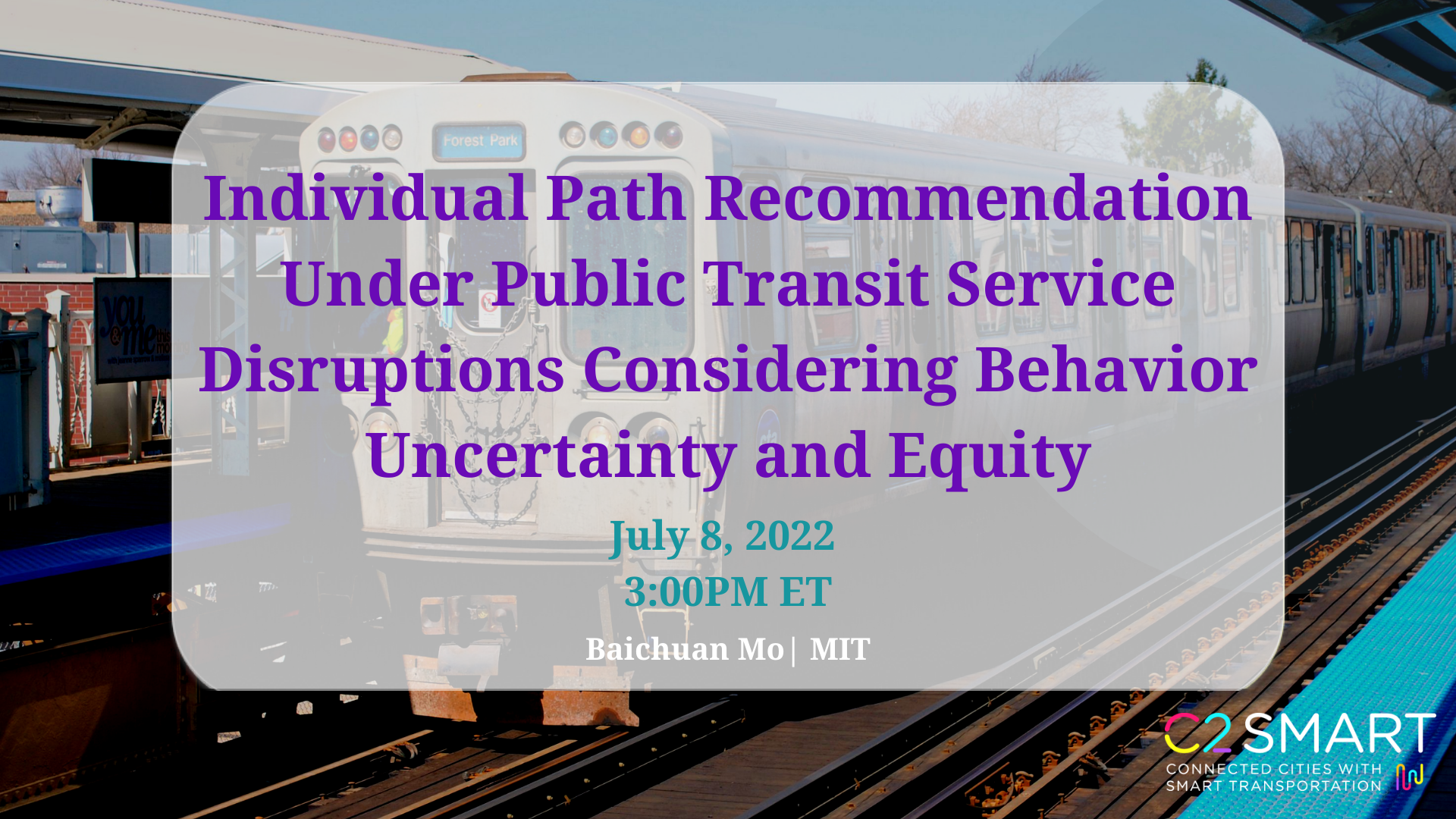Forensic Analysis of Vehicular Malfunctions Using On-Board Data
370 Jay Street, Room 825 370 Jay Street, Room 1201, New York City, NY, United StatesThis event explores forensic analysis and recording of vehicle dynamic performance tests and investigations. To accomplish these tests and investigations, researchers developed forensically accurate and reliable test monitoring and recording instruments. Because the tests were usually sequential and interactive between the vehicle operator and the particular exemplar vehicle, those instruments have to allow for real time graphical readouts and displays of parameters from both vehicle data networks and from instrumentation data networks.

